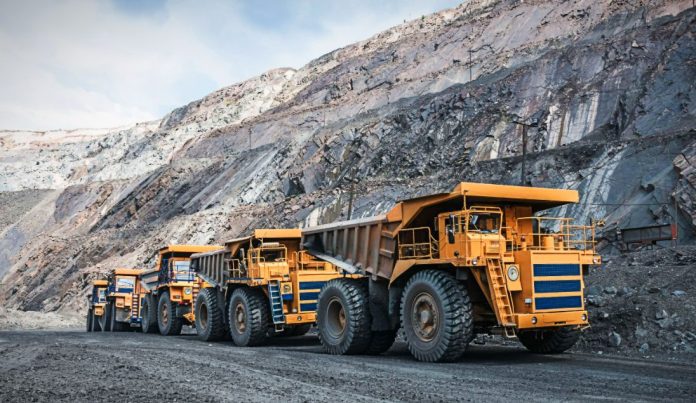Steel giant Severstal has appointed Russian mobile operator MTS, working with Swedish network vendor Ericsson, to build a private LTE network at the Karelskiy Okatysh iron ore mining and processing plant. The site, in the Republic of Karelia, is one of the largest iron ore reserves in the world. The mine supplies Severstal’s steel business in Russia, as well as Tata (Corus) in the Netherlands and the UK, Lucchini in Italy, and Rautaruukki in Finland.
MTS, the largest mobile operator in Russia, has drafted in Ericsson to build the private 4G-LTE network, which will be upgradeable to 5G (“5G ready”). Ericsson will use its ‘Dedicated Network’ solution, a stripped-down cloud version of its standard core network for operators. The network will be used initially for “dispatching voice and video communication systems, positioning and video monitoring of transport and mining equipment, as well as emergency notification and operational management of the production complex”.
The network is scheduled to launch in April 2022. A second project stage will use the LTE setup to bring automation to the extraction, transportation, and processing of ore, as well as for the collection, processing, storage and visualization of data. MTS said it had worked closely with enterprises in Russia, and that interest in private LTE and 5G has peaked in the mining, energy and transport industries, as the “infrastructure basis” for digitalization and automation of critical operations in large areas and difficult terrain.
Georgy Dzhabiev, director of digital solutions at MTS, said: “A dedicated network being created for the Karelsky Okatysh plant will combine communication, monitoring and dispatching systems with the enterprise’s IT infrastructure, which will improve the efficiency of managing the fleet of transport and mining equipment at the quarry, and in the future, automate a number of production processes.”
Severstal said existing Wi-Fi networks are not good enough (inevitably) to drive a new phase of Industry 4.0. Vladimir Lyushenko, head of digital technologies in the iron ore assets department at Severstal, said: “The existing industrial Wi-Fi network in the quarries is working at the limit of its capabilities; the network does not meet the new requirements for the implementation of projects. In addition, at a mining enterprise, Wi-Fi technology loses to LTE / 5G in terms of network technical characteristics, obtaining additional services and overall investment efficiency.
“With the implementation of the LTE / 5G-ready network, we expect a significant improvement in the quality of dispatch control systems and optimization of the work of opencast transport, and as a result, an increase in production efficiency in open pits. The LTE / 5G-ready network will allow for more efficient implementation of projects in the field of industrial automation, video analytics and personnel location, as well as provide fast and secure data collection and voice transmission.”
Alexander Romanov, director of dedicated networks for Ericsson in Russia, said: “The mining sector is currently transforming into a high-tech industry that uses innovative solutions to improve operational efficiency in the ongoing pandemic, ensure people’s safety and improve environmental friendliness. Automated mine concept and mine dispatching solutions require advanced infrastructure for the most demanding scenarios, with high quality data security and efficient energy consumption. Various mobile access technologies have been tested at a global scale; dedicated LTE / 5G has proven its effectiveness and is widely used in the mining industry around the world.”

